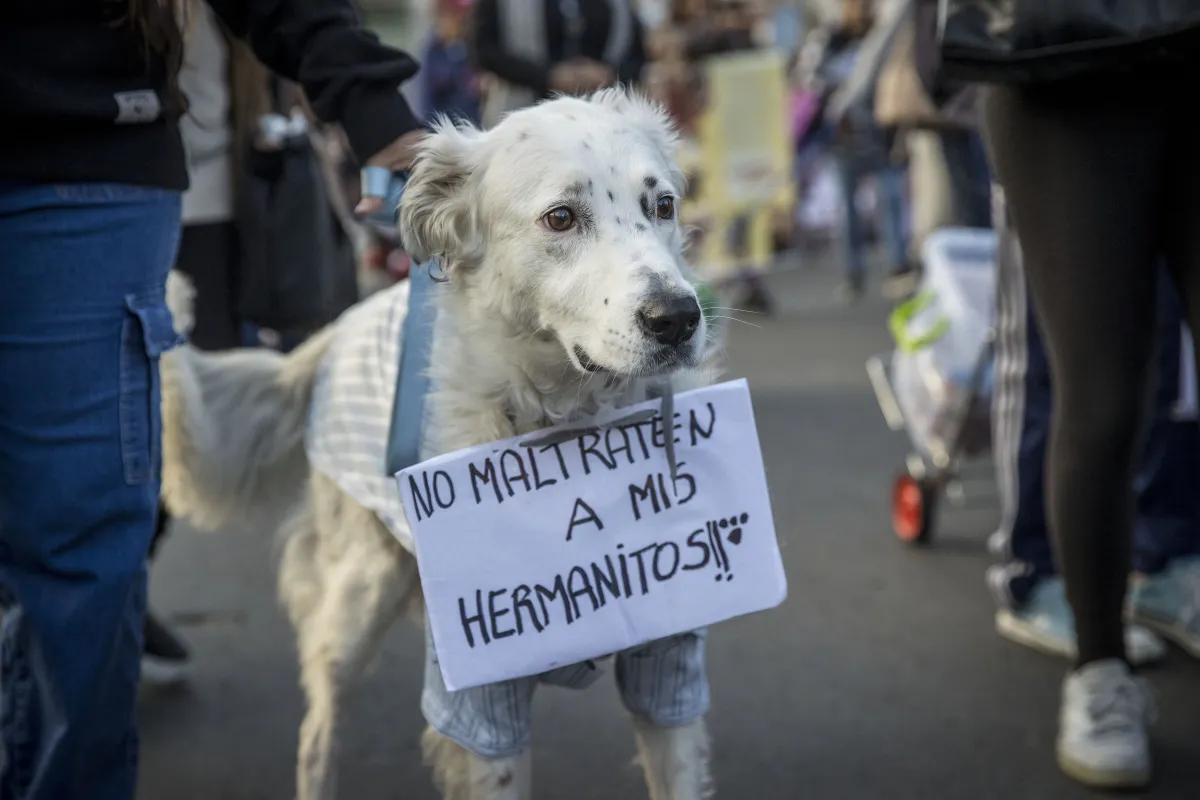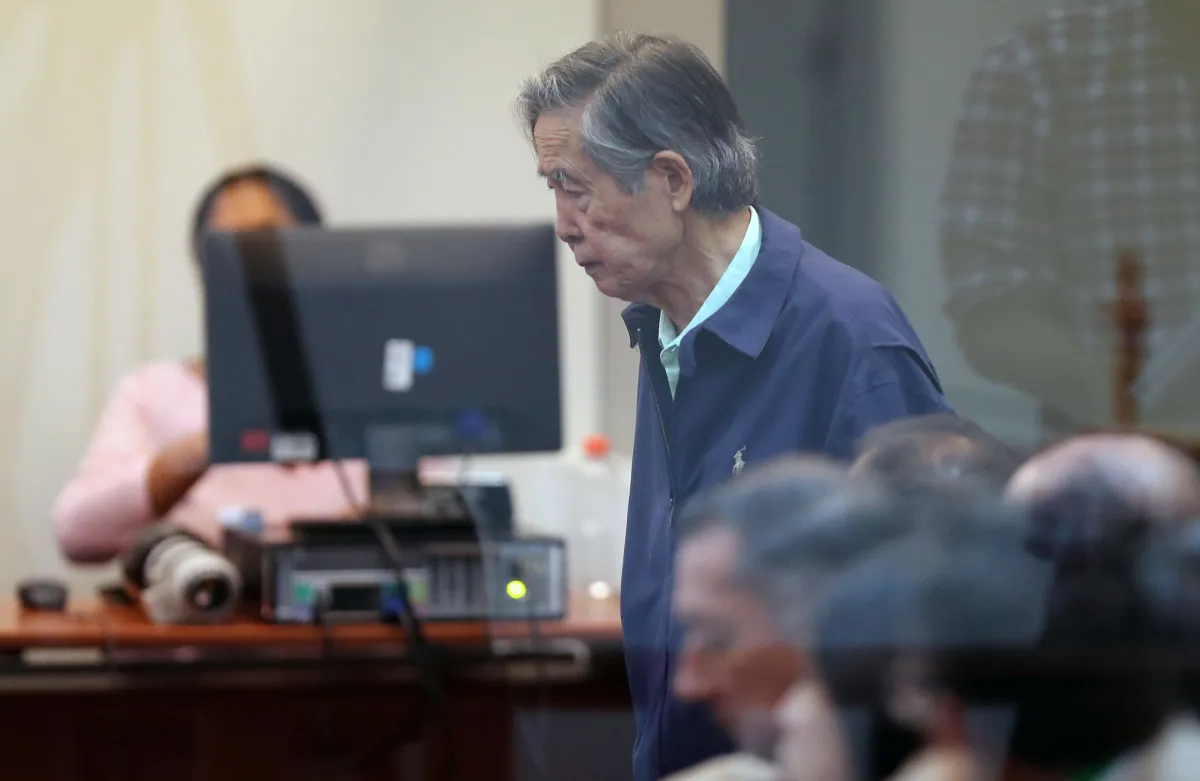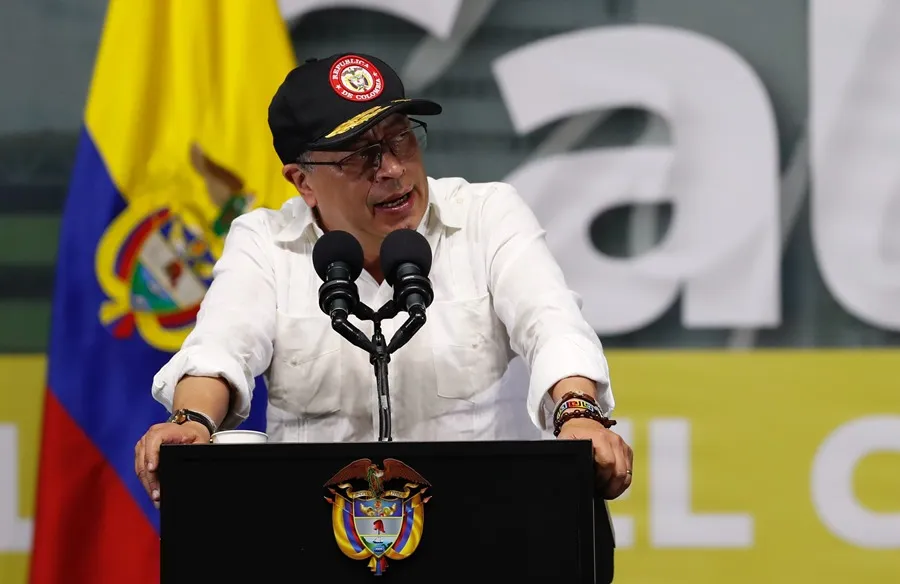International
Cuban dissident says flight to Spain is ‘blow’ to opposition
International
‘No to animal abuse’, the clamor of a march of dogs and humans in Bolivia
International
Former Peruvian President Alberto Fujimori, diagnosed with a new malignant tumor
International
Petro calls former President Duque a “terrorist” for the “murder” of young people in protests
-
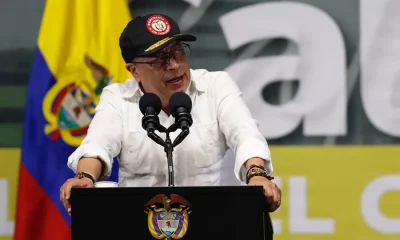
 International11 hours ago
International11 hours agoPetro calls former President Duque a “terrorist” for the “murder” of young people in protests
-
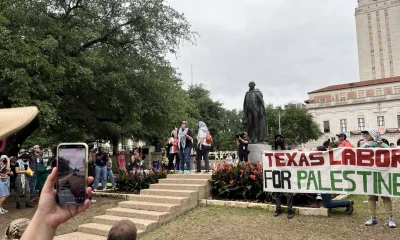
 Central America2 days ago
Central America2 days agoThe University of Texas, symbol of repression against pro-Palestinian protests
-
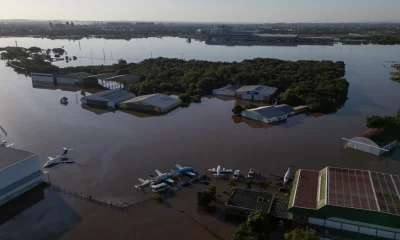
 International2 days ago
International2 days agoBrazil exceeds 100 deaths from floods in the southern region of the country
-
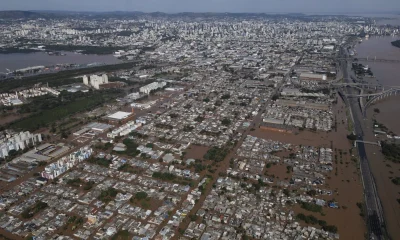
 Centroamérica5 days ago
Centroamérica5 days agoThe number of deaths from the floods in southern Brazil rises to 84
-
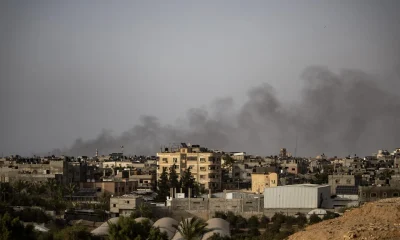
 International4 days ago
International4 days agoIsrael says it will continue to negotiate a ceasefire while bombing the east of Rafah
-
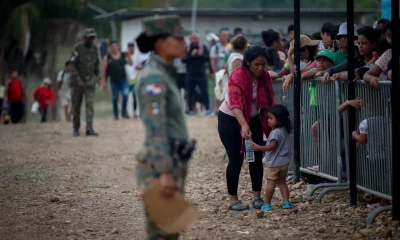
 International5 days ago
International5 days agoMigrant women, victims of theft, rape and with their children in tow for the Darién
-
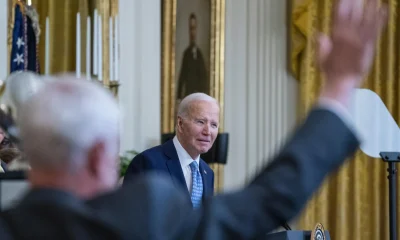
 International5 days ago
International5 days agoBiden manages to get Netanyahu to promise to take a step in Gaza and reiterates his position on Rafah
-
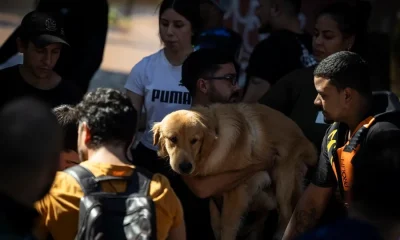
 International4 days ago
International4 days ago“I had to swim out of the house,” says one of those affected by floods in Brazil
-
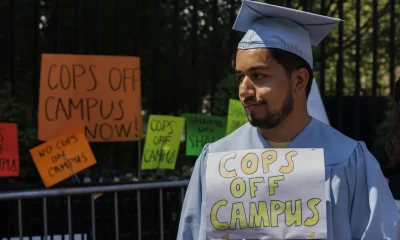
 International5 days ago
International5 days agoColumbia University cancels its grand graduation ceremony after weeks of protests
-
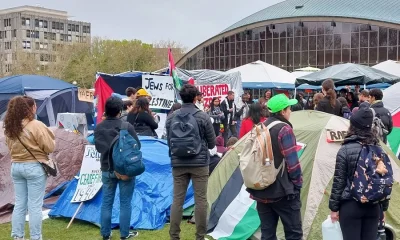
 International5 days ago
International5 days agoThe pro-Palestinian student movement in the United States looks at itself in history to continue
-

 International4 days ago
International4 days agoThe number of deaths in a passenger bus accident in southern Peru rises to eleven
-
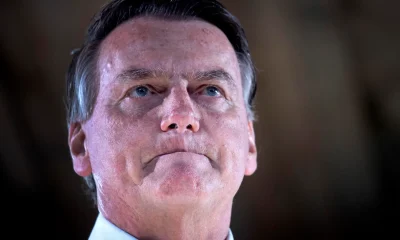
 International4 days ago
International4 days agoBolsonaro is transferred to São Paulo to continue the treatment for an erysypela
-

 International2 days ago
International2 days agoAt least 3 dead and 5 wounded in attack on a Taliban convoy in Afghanistan
-
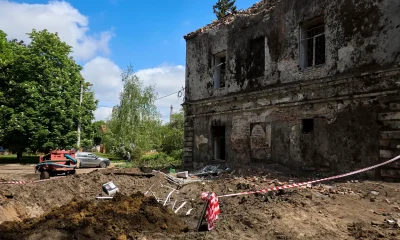
 International2 days ago
International2 days agoEU countries agree to use profits from frozen Russian assets in defense of Ukraine
-
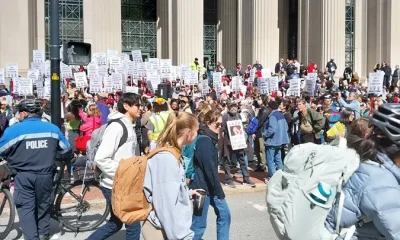
 International11 hours ago
International11 hours agoMIT students protest again despite reprisals from the center and Biden’s accusation
-
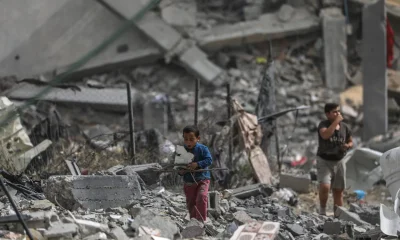
 International4 days ago
International4 days agoUnicef warns that the military incursion in Rafah is “catastrophic” for thousands of children
-
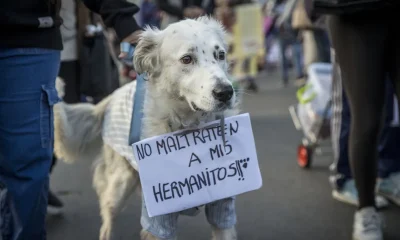
 International11 hours ago
International11 hours ago‘No to animal abuse’, the clamor of a march of dogs and humans in Bolivia
-

 International11 hours ago
International11 hours agoAn aurora borealis is visible tonight from much of Spain
-
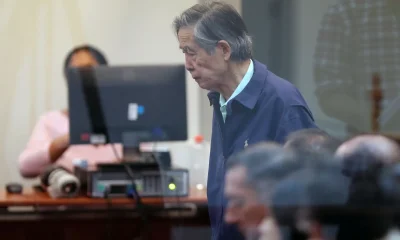
 International11 hours ago
International11 hours agoFormer Peruvian President Alberto Fujimori, diagnosed with a new malignant tumor
-
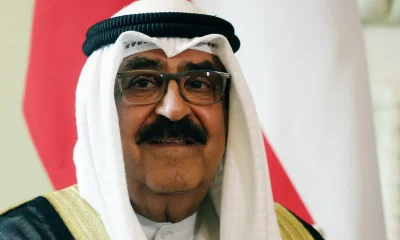
 International11 hours ago
International11 hours agoThe Emir of Kuwait dissolves Parliament and suspends some clauses of the Constitution
-
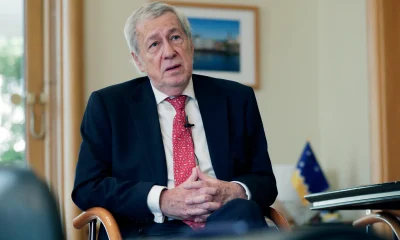
 International5 days ago
International5 days ago“The Chilean government is more continuous than you think,” says its Foreign Minister Alberto van Klaveren
-
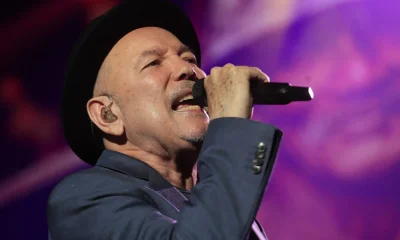
 Centroamérica4 days ago
Centroamérica4 days ago“Corruption was a man, but democratically!” says Rubén Blades after elections in Panama
-
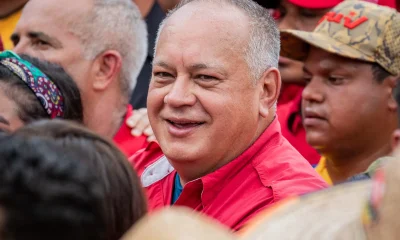
 International1 day ago
International1 day agoColombian Foreign Minister on the accusation of Diosdado Cabello: To foolish words, deaf ears
-
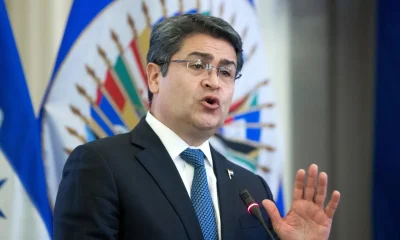
 Sin categoría1 day ago
Sin categoría1 day agoThey reject the request of former Honduran president Juan Orlando Hernández for a new trial in New York
-
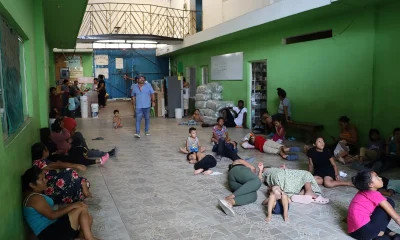
 International2 days ago
International2 days agoIrregular migrants intercepted by Mexico triple in the first quarter
-
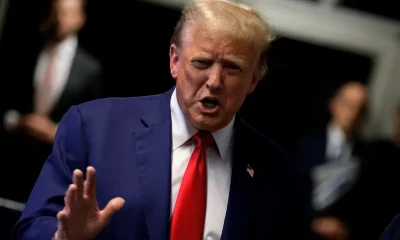
 International1 day ago
International1 day agoTrump criticizes pro-Biden Jews: “If you vote for him, be ashamed”
-
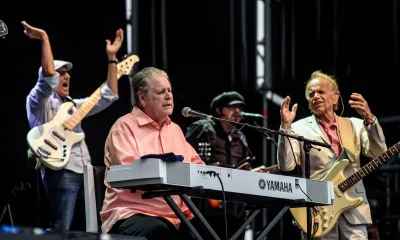
 International1 day ago
International1 day agoBrian Wilson, of The Beach Boys, is under the tutelage of his manager because of his dementia
-
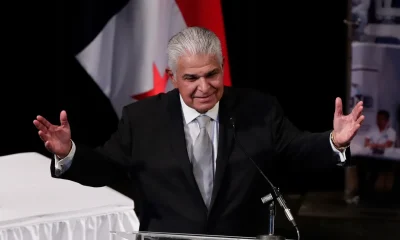
 International1 day ago
International1 day agoThe president-elect of Panama, José Raúl Mulino, promises repatriation of migrants crossing the Darién
-
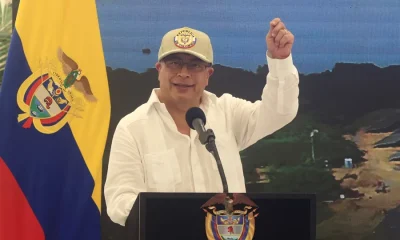
 International2 days ago
International2 days agoPetro on the formulation of charges against him: “It’s the beginning of a coup d’état”




















